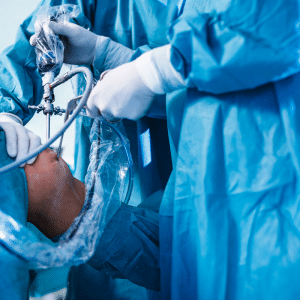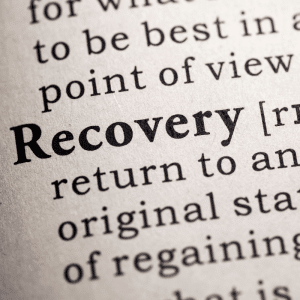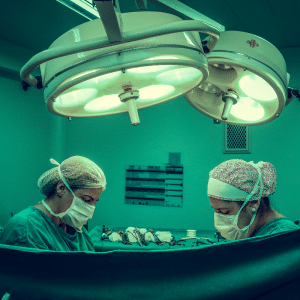Knee Replacement
How often do you think about your knees? Chances are that you don’t give them much thought, unless you have arthritis or if you are injured in some way. Most of us don’t pay attention to our joints until they are in pain. If you have been in pain for some time, you may need to consider a knee replacement.
Deciding whether to go ahead and have major surgery like this can be challenging and you’ll need your doctor’s input each step of the way, but there are some things that you can watch for that might indicate that a knee replacement will be recommended shortly.
- You’ve tried all the other options, especially anti-inflammatory shots. If you’ve been having anti-inflammatory shots and the pain in your knees is not subsiding or is getting worse, there is a serious problem that needs to be addressed.
- You see a noticeable difference in the appearance of your knee, not just the pain inside of it. If you’re noticing bulging or puffiness, there may be swelling because of fluids trapped inside of it.
- When the rest of your life is being adversely affected because of your knee, it’s time to get it taken care of. Only you will truly know when that is, but when the pain and inconvenience after a surgery is preferable to your current pain and inconvenience, it is probably time to go in.
Once you decide that it’s time to have surgery, check the credentials of your orthopedic surgeon. Have they done a large amount of these surgeries? Is he/she recommended to you by anyone who has had one? You’ll be surprised at how many people you’ll meet who have had a knee replacement once you start asking for recommendations! You want experience and good reviews on the surgeon you’re going with, just as you would for any other service you decide you need.
When your surgery is scheduled, make sure to stay as healthy as possible. Take immune system boosting supplements. Stay hydrated. Eat healthy. Also, be sure to install anything that will make your life a little easier during the recovery time. If you have places in your house that you know are going to be incredibly difficult to navigate after surgery, be sure to take care of them. If you’re accustomed to making each meal from scratch, prepare a week’s worth of food ahead and freeze meals. Ask for time off from work and arrange for someone to be at home to help you for as long as the doctor advises. It is also good to start working on the muscles around the knee joint, the shin area and thigh/hip area so that they will be in good shape to aid in the recovery of your knee joint.
You can expect to be in the hospital for anywhere from 1 to 5 days after your surgery. You should be able to resume normal, functional activity within 6 weeks, but it may take up to 6 months for total healing to occur. These time frames are variable depending upon whether you have a partial, one-sided knee replacement or a total knee replacement surgery.
Knees are unsung heroes in our bodies. If you’re needing to get your knee replaced, don’t wait for a more ideal time. There will never be a more ideal time, and as you age, surgery can become more difficult to recover from. It’s important to make the best decision for your own body with the doctor’s guidance. Don’t live in misery out of fear of the unknown.


 Aging requires much of the human body. A mere 200 years ago, the life expectancy of the average American was less than 40 years of age. With the dramatic increase in length of life (due primarily to sanitation measures & advances in medicine) came the expectation that at some point in your life, you’ll probably have a surgery or another procedure that you’ll need to recover from. These days, surgeries are fairly commonplace & most people barely slow down for some of the simpler procedures. Doctors are finding that the more quickly that people, especially the elderly, are able to get back to normal activities, the better their bodies heal. Loss of muscle can greatly inhibit the healing process. While years ago people were kept in the hospital for long periods of time following surgery, these days it can be as little as an overnight stay for what once would have taken a week or more in the hospital. Do not be surprised by these changes. They have found it better all the way around.
Aging requires much of the human body. A mere 200 years ago, the life expectancy of the average American was less than 40 years of age. With the dramatic increase in length of life (due primarily to sanitation measures & advances in medicine) came the expectation that at some point in your life, you’ll probably have a surgery or another procedure that you’ll need to recover from. These days, surgeries are fairly commonplace & most people barely slow down for some of the simpler procedures. Doctors are finding that the more quickly that people, especially the elderly, are able to get back to normal activities, the better their bodies heal. Loss of muscle can greatly inhibit the healing process. While years ago people were kept in the hospital for long periods of time following surgery, these days it can be as little as an overnight stay for what once would have taken a week or more in the hospital. Do not be surprised by these changes. They have found it better all the way around.

